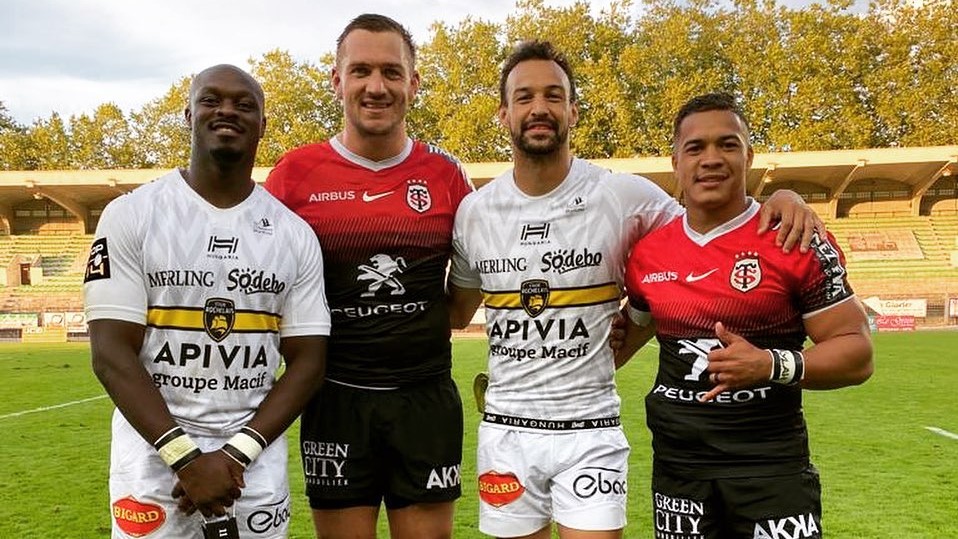There needs to be a closer look at why South African players almost always improve when they play for overseas clubs, writes SIMNIKIWE XABANISA.
New issue: Boks set sights on taming Lions
When Jacques Nienaber was announced as the Springboks’ head coach last year, his predecessor Rassie Erasmus all but admitted that in his capacity as SA Rugby director of rugby he had sort of turned the talent drain to overseas clubs into a strategy.
The point of the plan of action was twofold: to let the United Kingdom, French and Japanese clubs pay the players the kind of money the South African market simply can’t compete with, and to expose them to different coaching methods which might help develop them.
To overly simplify it, the overseas clubs are – in a way – paying to improve our players. The catch is that while it may have begun mainly as a means to allow players to maximise their market value on the global stage, the scheme has gradually become crucial to getting SA players ready for international rugby.
If you don’t buy that, consider that almost half (21) of the 46-man Springbok squad to contest the British & Irish Lions series as well as the rest of the international season came from UK, French and Japanese clubs.
In a country where talent seems to be churned out at a rate which outstrips the local teams’ ability to accommodate it, to the point where it spills over outside the borders, there is a temptation to shrug the shoulders and say it’s the way of the world, particularly given the financial angle.
But the concerning thing is how many of those players left as broken men in the domestic game and returned as all-conquering heroes at international level. If the overseas-based player experiment has taught us anything, it is how hit-and-miss the South African way is when it comes to helping a player reach his or her potential.
Starting with Percy Montgomery, when he left for Newport in Wales, this country has a terrible reputation for losing faith in players gifted and late blooming. Cheslin Kolbe left South Africa as a frail imitation of the slight but outrageously talented youngster who broke into the senior ranks; now he is an obligatory mention in any best player in the world debate.
There are a myriad reasons why this is the case.
Schools level rugby is so results based they’re already playing to rigid structure at that age; first- class coaches are so under pressure to win they limit themselves to focus on the bare minimum of set pieces, rucks and defence when coaching; the inability to compete with financial offers from overseas; and shoehorning square-peg players into round holes and blaming them for not making it work.
There is also a tendency to hide behind the DNA of South African rugby, which can rely a little too heavily on f***ing up the opposition physically, to paraphrase Erasmus.
I won’t argue with an approach which has put three World Cups in SA’s trophy cabinet, but my understanding of coaching has always been that it is supposed to explore the outer reaches of a player’s promise, instead of lowering the ceiling of potential.
Speaking of coaching, have you noticed how most of the country’s coaches don’t really coach? Heyneke Meyer is a CEO; Brendan Venter is a doctor with a coaching hobby; Nick Mallett, Jonathan Mokuena and Swys de Bruin do their coaching from studios in Randburg; and Paul Treu’s only way back into coaching was through a pay cut and downgrading to Varsity Cup rugby.
There’s nothing wrong with a player leaving SA because he wants more money, or to test his hardness by freezing his bollocks off in the UK winter, or whether he is all about baguettes and croissants, or wants to play touch rugby in Japan.
But it must never be his only chance to improve as a player.





